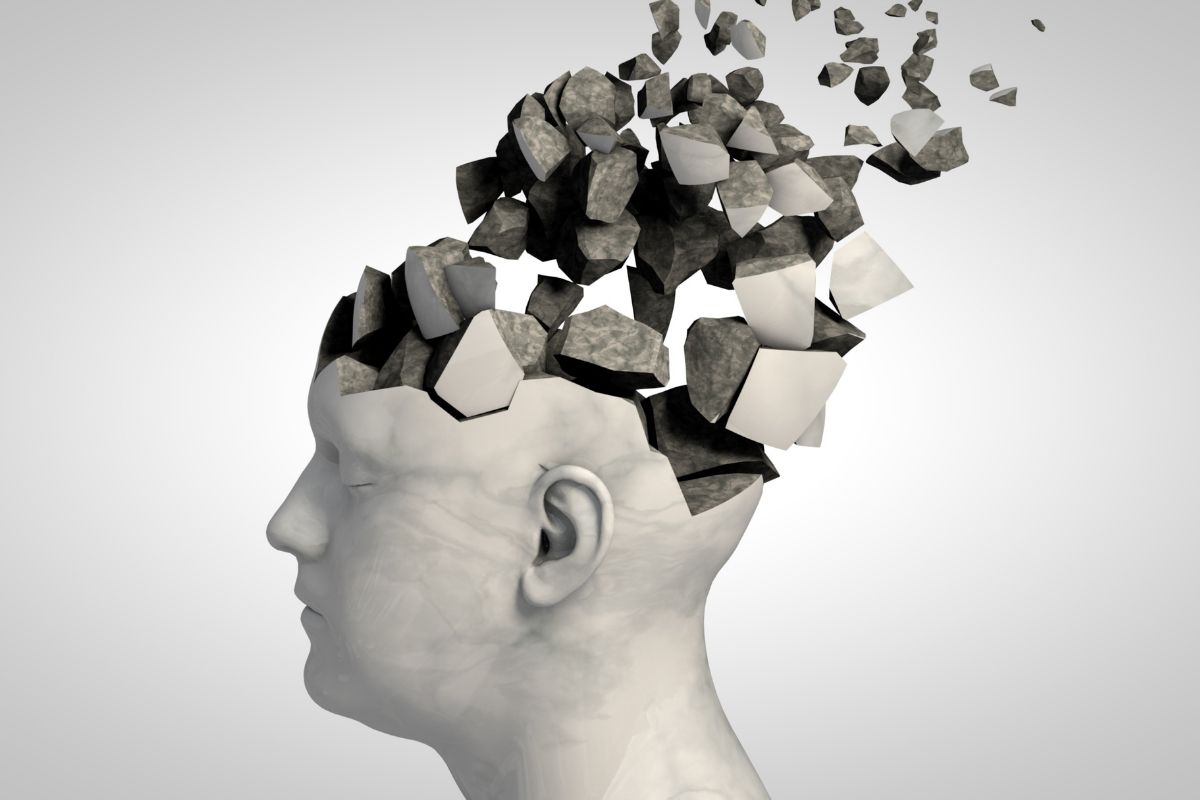We all forget things from time to time—a name, a word on the tip of our tongue, or why we walked into a room. But when does forgetfulness become a concern?
Occasional vs. Concerning Memory Loss
It’s normal to experience mild memory lapses, especially during busy or stressful periods. However, persistent memory problems may be a sign of something more serious.
Common Reasons for Memory Problems
- Distractions: Multitasking or a hectic lifestyle can lead to forgetfulness.
- Mental Health: Depression and anxiety often affect memory and concentration.
- Hormonal Changes: In women, menopause can impact memory due to shifting hormone levels.
- Head Injuries: Concussions and trauma can impair short- and long-term memory.
When to Worry
See a doctor if memory issues interfere with your daily life. Symptoms to watch for include:
- Frequently forgetting recent conversations or events
- Trouble following directions or managing tasks
- Getting lost in familiar places
- Personality or behavior changes
What You Can Do
The good news? Many memory issues are treatable or preventable. Here’s how to support brain health:
- Get enough sleep
- Stay socially connected
- Challenge your brain with new activities
- Eat a balanced, brain-friendly diet
- Limit alcohol and avoid smoking
Remember, memory loss isn’t always tied to aging—it can happen to anyone. Staying aware and taking proactive steps can help protect your brain for the long haul.
